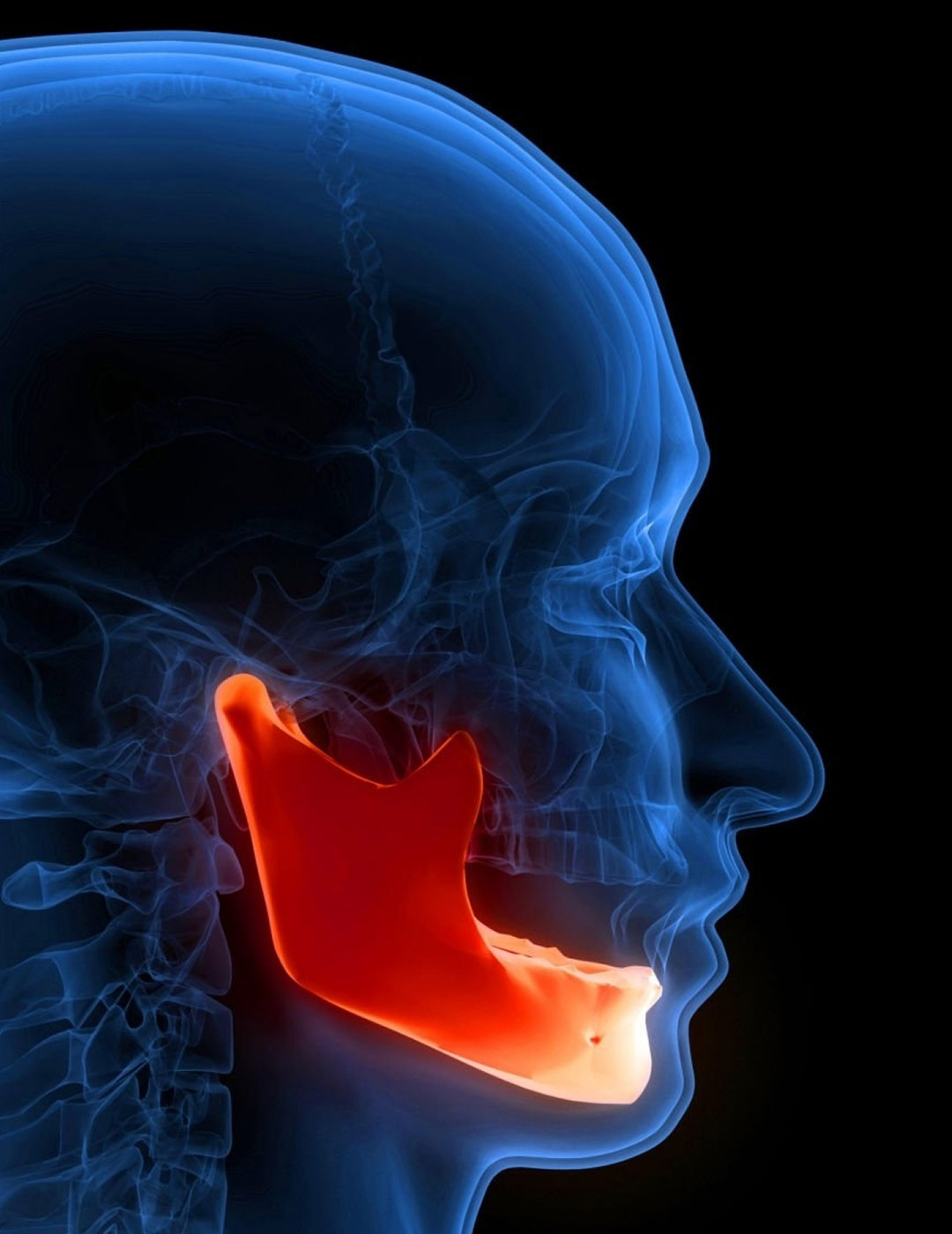TREATMENT FOR JAW JOINT DISORDERS
The Temporomandibular joint or jaw joint is the joint between the jawbone and the skull. Jaw joint disorders occur when there is a disturbance in the harmony of the joint and muscles that are attached to the joint or in the joint itself regarding its surrounding bone or Cartlidge.
Temporomandibular joint disorders (TMD) can lead to severe pain, inability to open the mouth wide, locking of the jaw, and lead to difficulty chewing. Therefore, it is essential to get TMDs treated at the earliest.

Diagnosis
The key to successful treatment outcomes lies in proper diagnosis. A thorough intraoral and extraoral examination is done combined with 2D and 3D radiographs (CBCT) of your oral cavity and the jaw joint to assess the reason behind the disturbance.
Causes of jaw joint disorders
TMDs can occur due to a wide variety of reasons such as:
-
The disk between the jaw-joint and the skull has eroded
-
The disk moves out of proper alignment
-
Trauma and injury to the jaw-joint A faulty prosthesis can also lead to TMDs
-
Un even bite
-
Bruxism (chronic teeth grinding and jaw clenching)
Treatment for jaw joint disorders
Once temporomandibular joint records are analysed and the cause behind your jaw-joint disorder is identified, we will start with the treatment.
Medications
In cases of acute pain, painkillers and muscle relaxants are first prescribed to relieve the muscles.
Nightguard
In cases of occlusal disharmony and bruxism, nightguards are given. These separate the upper and lower jaw while you sleep, thus relieving the jaw-joint of the added stress.
Injections
In cases of stressed and locked muscles, botox injections are given, which relaxes the muscles and eases pain.
Laser treatment
Laser treatment has also gained immense popularity owing to its non-invasive nature. Laser therapy is given, which passes a low-level electric current and relaxes the jaw joint and muscles.
Surgery
If the disturbance is severe and bony in nature, surgery may also be recommended. Jaw joint surgeries are done under general anaesthesia. However, these are generally reserved as the last option, and conservative management is given preference.
Contact us now
Copyright by DerMund 2023. All rights reserved.



